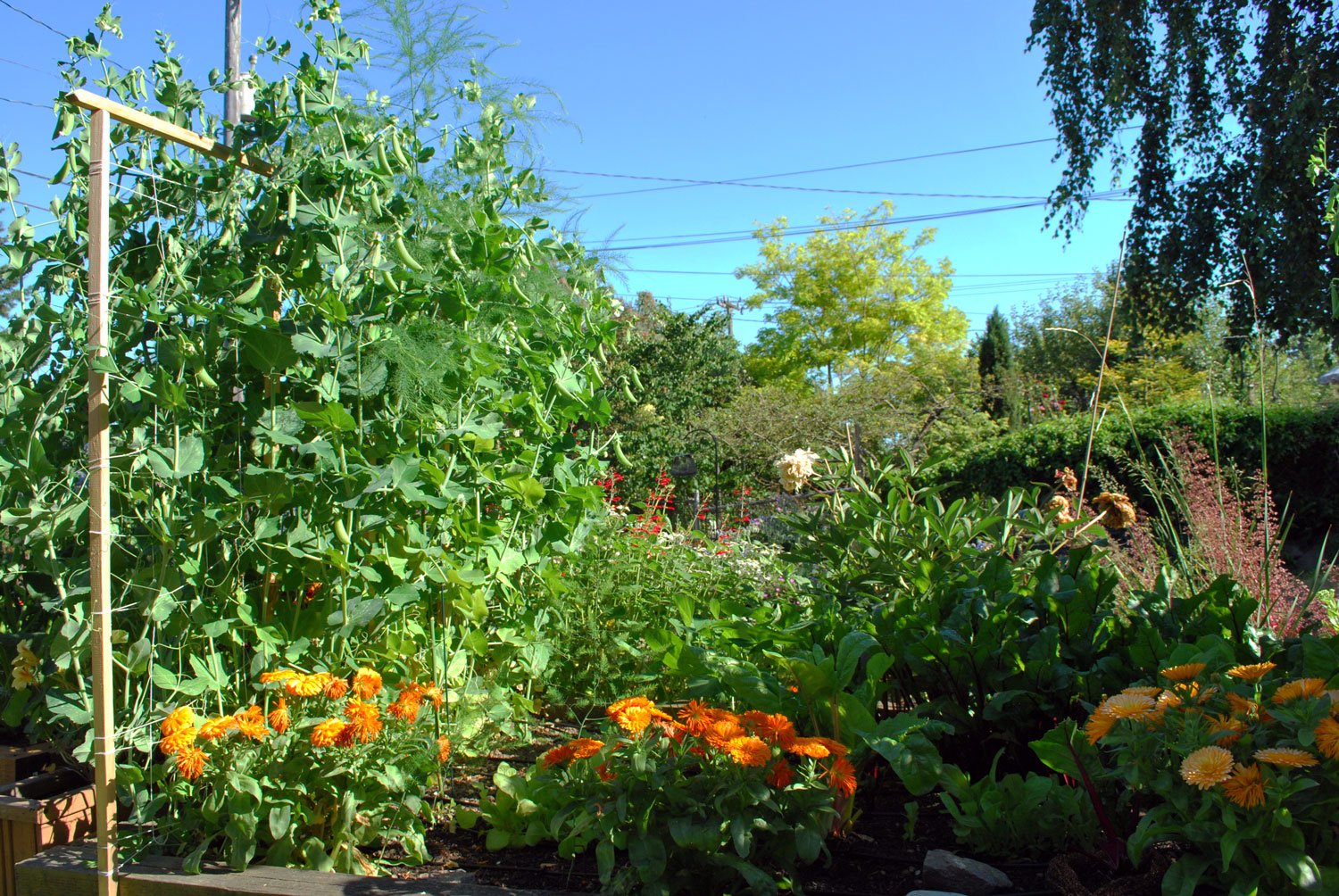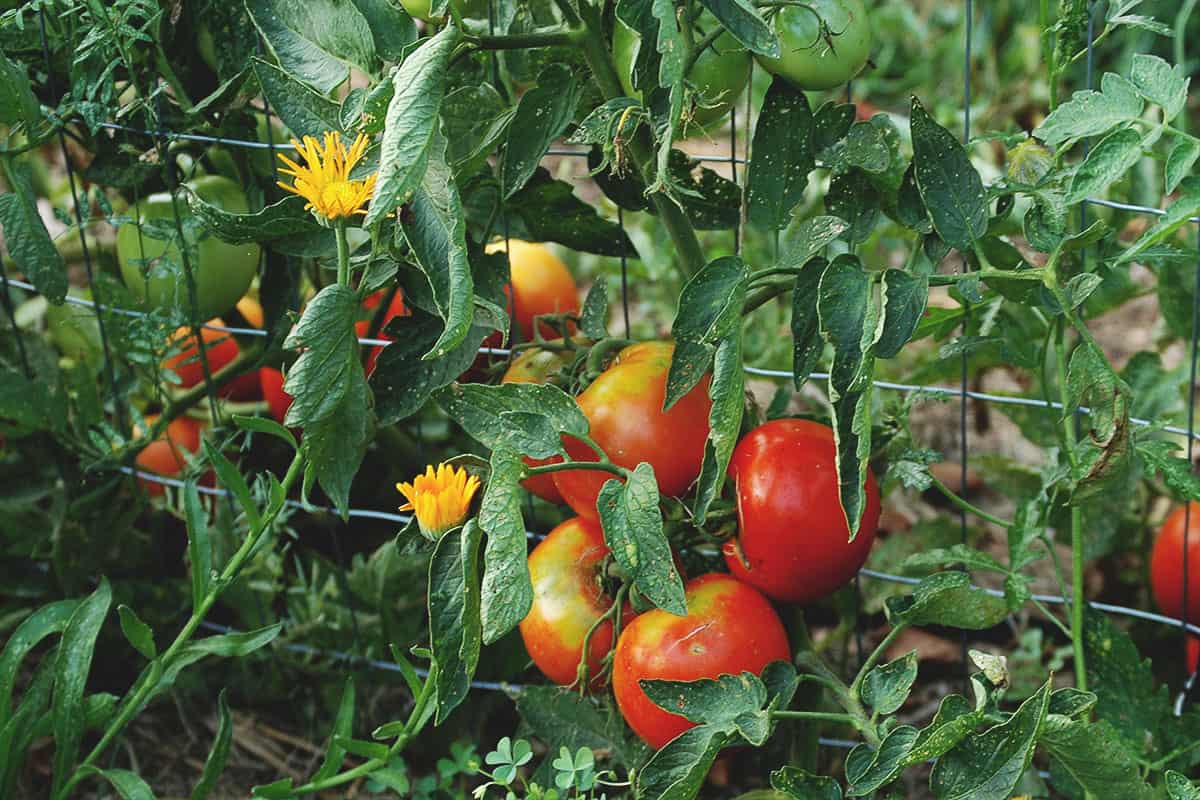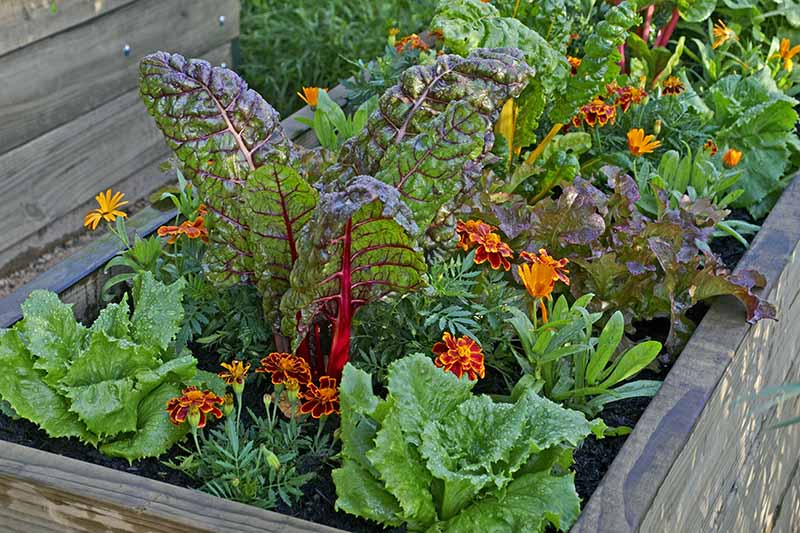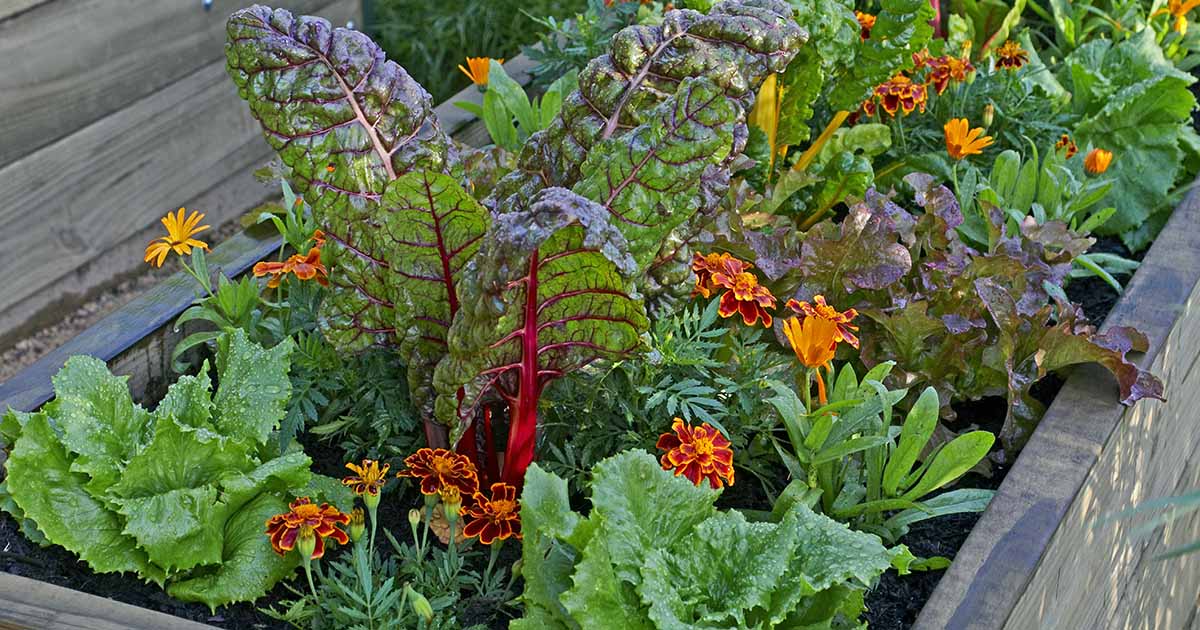Best Companion Plants For Amaranth
Title:Best Companion Plants for Amaranth
Introduction:
Amaranth is a nutrient-rich, versatile plant that can be grown in a variety of climates. It is also a great companion plant for other vegetables, as it can help to deter pests, improve soil quality, and increase yields.
In this blog post, we will discuss some of the best companion plants for amaranth. We will also provide some tips on how to plant and care for these companion plants so that you can get the most out of your garden.
Main Content:
Amaranth and Corn
Corn and amaranth are both tall plants that need full sun and well-drained soil. They also have similar growing requirements, so they can be planted together without any problems. In fact, corn and amaranth can actually benefit each other. Corn can provide shade for amaranth, which can help to prevent it from bolting (flowering too early). Amaranth, on the other hand, can help to improve the soil quality for corn by fixing nitrogen.
Amaranth and Beans
Beans and amaranth are also good companion plants. Beans are legumes, which means that they can fix nitrogen in the air. This nitrogen can then be used by amaranth and other plants in the garden. Beans can also help to suppress weeds, which can free up your time and energy so that you can focus on other tasks.
Amaranth and Marigolds
Marigolds are another great companion plant for amaranth. Marigolds are known for their insect-repelling properties, which can help to protect amaranth from pests such as aphids, beetles, and spider mites. Marigolds can also help to improve the drainage of the soil around amaranth, which can help to prevent root rot.
Amaranth and Spinach
Spinach and amaranth are both cool-season crops that can be planted together in the spring or fall. Spinach can help to suppress weeds, which can free up your time and energy so that you can focus on other tasks. Amaranth, on the other hand, can provide shade for spinach, which can help to prevent it from bolting (flowering too early).
Amaranth and Cucumbers
Amaranth and cucumbers are both warm-season crops that can be planted together in the summer. Amaranth can help to provide shade for cucumbers, which can help to prevent them from getting sunburned. Cucumbers, on the other hand, can help to attract pollinators, which can help to increase the yield of amaranth.
Tips for Planting and Caring for Companion Plants
When planting companion plants, it is important to consider their sunlight, water, and nutrient requirements. Make sure that you plant plants with similar needs together so that they can thrive.
It is also important to space your plants properly. Give them enough room to grow so that they do not compete with each other for resources.
Finally, be sure to water your companion plants regularly, especially during hot, dry weather.
Conclusion
Amaranth is a versatile and nutrient-rich plant that can be grown in a variety of climates. It is also a great companion plant for other vegetables, as it can help to deter pests, improve soil quality, and increase yields.
By planting amaranth with the right companion plants, you can create a healthy and productive garden that will be a source of enjoyment for years to come.
Amaranth is a versatile and nutritious plant that can be grown in a variety of climates. It is also a good companion plant for many other crops, which can help to improve the health and productivity of your garden.
Some of the best companion plants for amaranth include:
- Corn: Amaranth can help to shade the roots of corn plants and prevent them from drying out.
- Eggplant: Amaranth can help to deter pests from eggplant plants.
- Marigolds: Marigolds can help to repel nematodes, which can damage amaranth plants.
- Peas: Peas can help to fix nitrogen in the soil, which can benefit amaranth plants.
- Tomatoes: Tomatoes can help to deter pests from amaranth plants.
For more information about companion plants for amaranth, visit Home Gardening.
FAQ of companion plants for amaranth
null
Image of companion plants for amaranth
10 different images of companion plants for amaranth that are free to use:
- Corn: Corn is a good companion plant for amaranth because it helps to attract beneficial insects and repel pests. It also helps to shade the amaranth roots, which can help to prevent them from drying out.

- Onions: Onions are another good companion plant for amaranth because they help to repel pests such as aphids and beetles. They also help to improve the flavor of the amaranth leaves.

- Peppers: Peppers are also good companion plants for amaranth because they help to repel pests and improve the flavor of the amaranth leaves. They also help to deter rabbits and deer from eating the amaranth plants.

- Eggplant: Eggplant is a good companion plant for amaranth because it helps to repel pests such as aphids and beetles. It also helps to improve the flavor of the amaranth leaves.

- Tomatoes: Tomatoes are a good companion plant for amaranth because they help to attract beneficial insects such as ladybugs and lacewings. These insects help to control pests that can damage the amaranth plants.

- Marigolds: Marigolds are a good companion plant for amaranth because they help to repel pests such as nematodes, aphids, and whiteflies. They also help to improve the flavor of the amaranth leaves.

- Basil: Basil is a good companion plant for amaranth because it helps to repel pests such as mosquitoes, flies, and ants. It also helps to improve the flavor of the amaranth leaves.

- Cucumbers: Cucumbers are a good companion plant for amaranth because they help to attract beneficial insects such as ladybugs and lacewings. These insects help to control pests that can damage the amaranth plants.

- Spinach: Spinach is a good companion plant for amaranth because it helps to suppress weeds. It also helps to improve the flavor of the amaranth leaves.

- Kale: Kale is a good companion plant for amaranth because it helps to suppress weeds. It also helps to improve the flavor of the amaranth leaves.

Post a Comment for " Best Companion Plants For Amaranth"